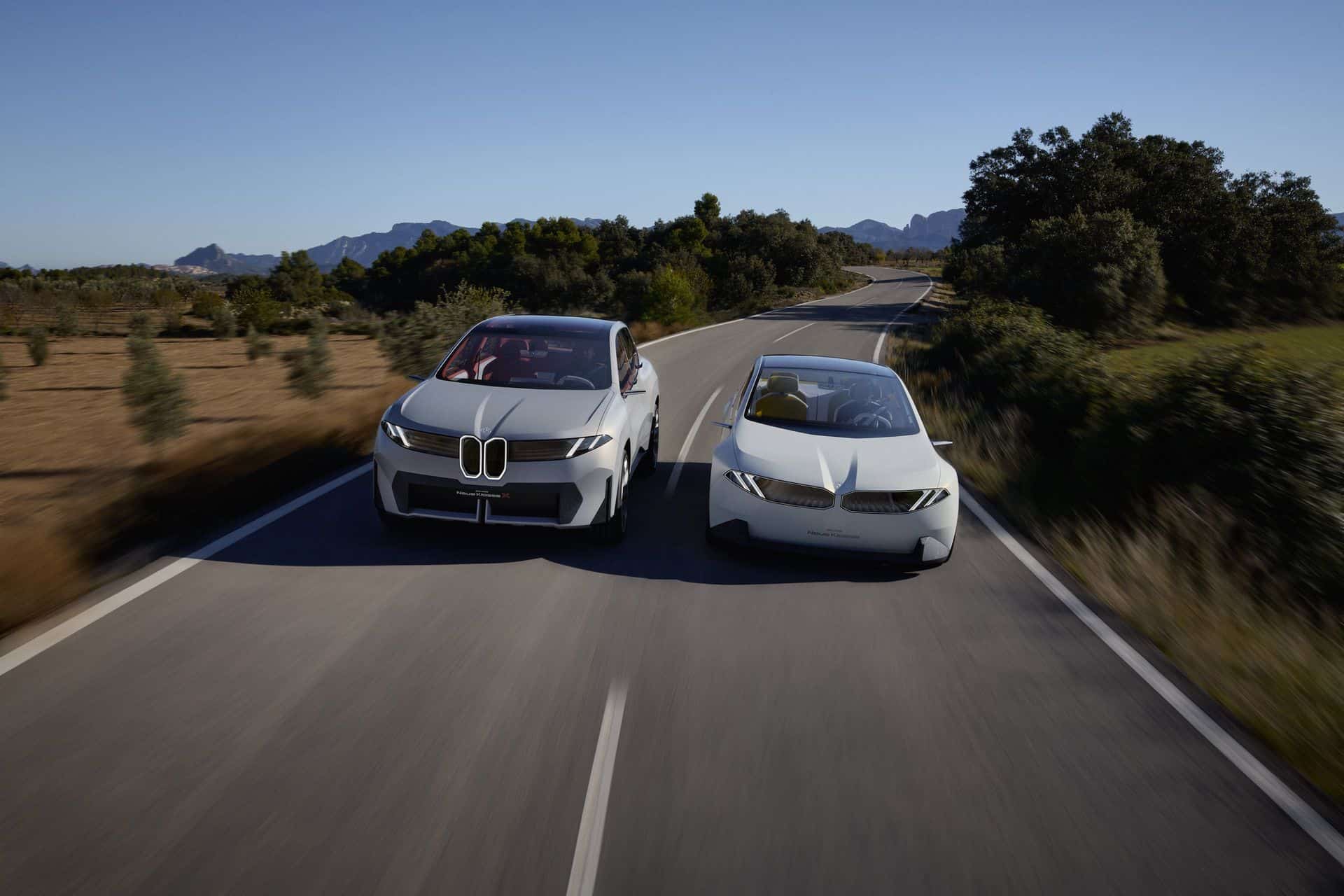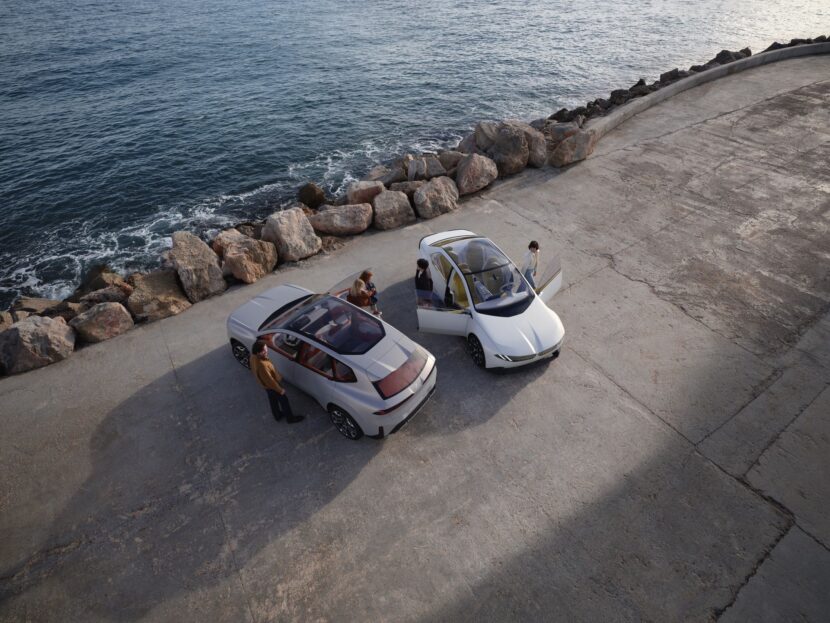BMW doesn’t miss an opportunity to talk about the Neue Klasse, and yet it’s been tight-lipped about firm details such as technical specifications. Sure, we’ve seen the new design language previewed by last year’s sedan concept and the crossover revealed this week but there is little to no information about what’s hiding underneath the fresh skin.
To be fair, BMW has shared some preliminary info about the next-generation battery tech. At the heart of Munich’s next wave of EVs will be round battery cells that will boost range and charging speed by 30%. Energy density is expected to increase by more than 20%. These improvements are over the fifth-generation prismatic battery cells installed in current electric (and plug-in hybrid) models. This week, Wired learned more about the liquid-cooled batteries developed in-house.
The sixth-generation batteries will come in three capacities: 75 kWh, 90 kWh, and 105 kWh. It is unclear whether this will be the gross or net capacity. BMW typically lists the usable energy content in the specs sheet. For example, the iX1 xDrive30 has a net energy capacity of 64.7 kWh while the i7 xDrive60 packs 101.7 kWh. BMW puts an even bigger battery in the iX xDrive50, at 105.2 kWh.
These new cylindrical batteries will have a diameter of 46 millimeters (1.8 inches) regardless of the application. They will come in two different heights: 95 mm (3.7 in) for cars and 120 mm (4.7 in) for SUVs. The switch to an 800-volt architecture will allow Neue Klasse EVs to support a maximum charging power of 350 kW, enabling 300 kilometers (186 miles) of range in about ten minutes.
BMW projects battery production costs will go down by as much as 50% while the carbon footprint is going to be reduced by 60%. These new cells will use more nickel and less cobalt on the cathode side. On the anode side, there will be more silicon compared to Gen5 cells currently in use. Wired reports the extra efficiency will come not just from the more advanced battery tech, but also from new electric motors with better cooling, new windings, and stator.
Speaking of efficiency, BMW says the Vision Neue Klasse X has a considerably sleeker body than the current iX3. The German luxury brand touts a 20% reduction in the drag coefficient, plus new tires and brakes specifically conceived for electric vehicles. It claims the future iX3’s overall efficiency is going to jump by 25%.
Following the iX3 crossover’s launch in 2025, the i3 sedan will arrive in 2026, with four additional models programmed to go on sale by the end of 2028. How big of a deal is Neue Klasse for BMW’s? It’s claimed to be the largest investment the company has ever made, a massive undertaking that will change the firm fundamentally. Speaking during the annual press conference this week, CEO Oliver Zipse said:
“The Neue Klasse is much more than just a single car. It is an entirely new generation of BMW models – all of them developed with an all-electric heart, fully digitalized and with a clear focus on sustainability.”
Source: Wired






































































